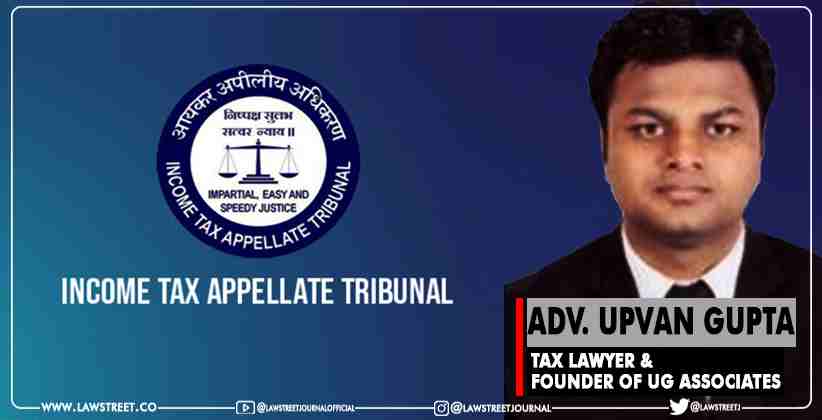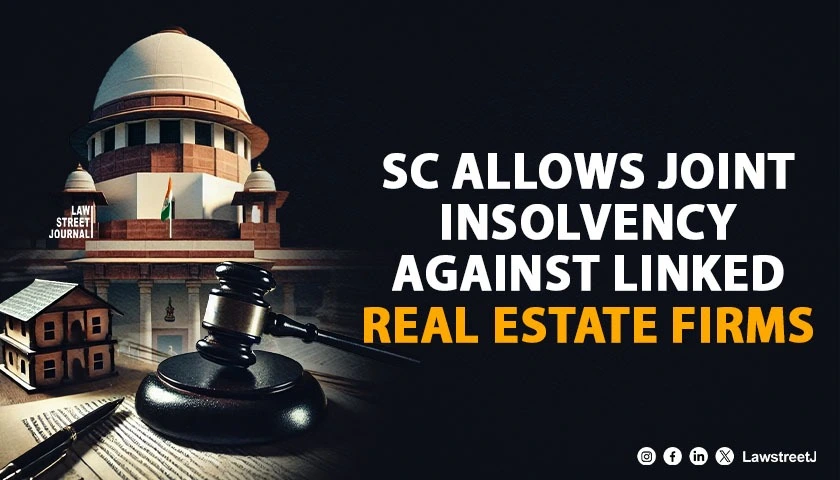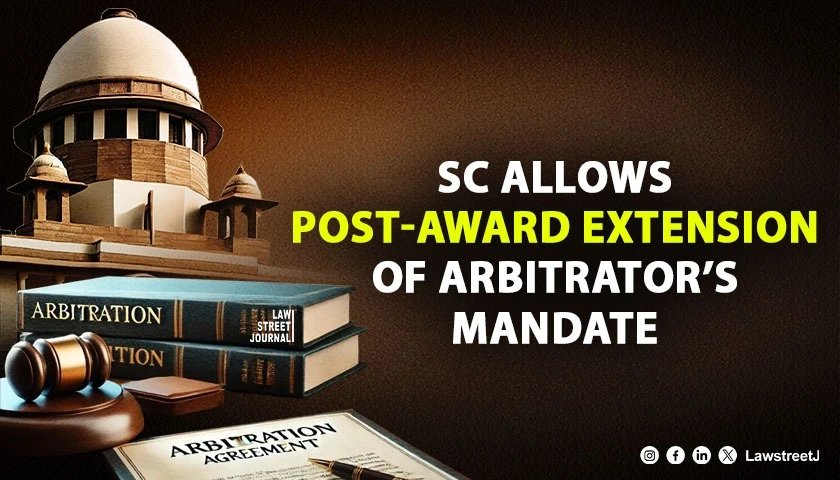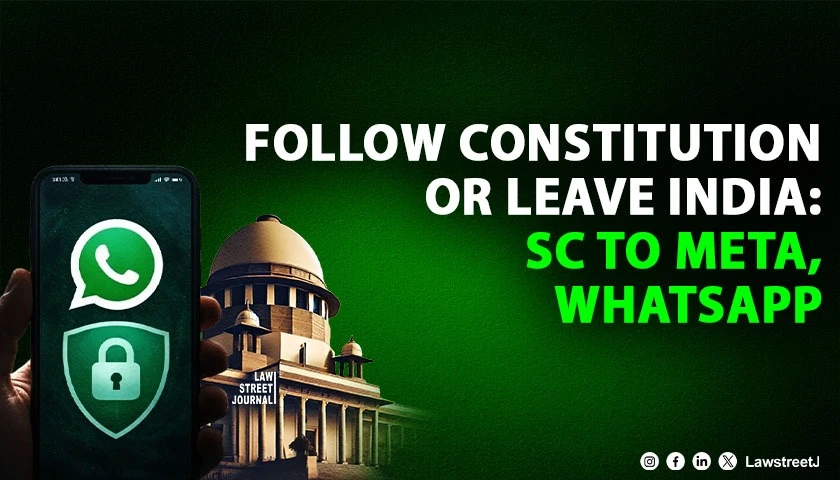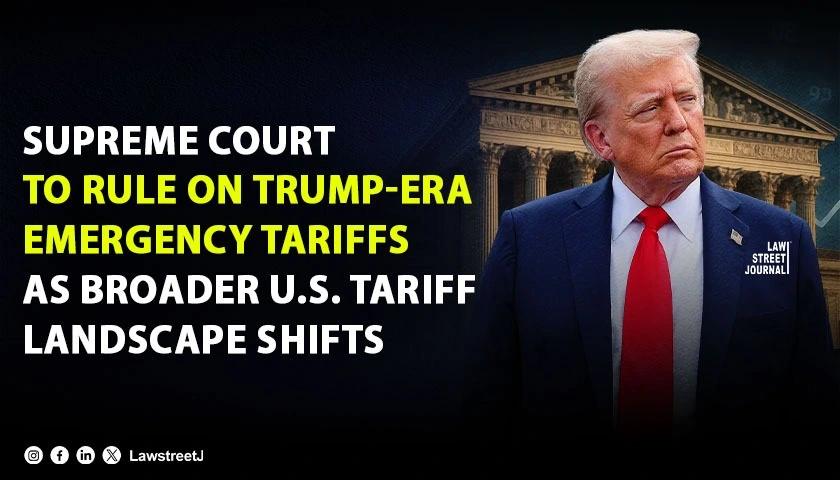Recently the Income Tax Appellate Tribunal in New Delhi heard a matter pertaining to the deduction for interest on unpaid purchase price under Section 24 of the Income Tax (IT) Act, 1961. The assessee in the case was Adv. Upvan Gupta, with the Deputy Commissioner of Income Tax (DCIT) New Delhi being the appellant and the M/s Avantha Realty Ltd. being the respondent.
Facts of the Case:
The assessee had acquired property from Ballarpur Industries Ltd. (BIL) in pursuance of the demerger order for a consideration of Rs.140 crores. Owing to the acquisition from BIL, the assessee (ITA Nos. 4360 to 4362/Del/2016 ITA Nos. 6147 & 6148/Del/2017 Avantha Realty Ltd.) has incurred debt of Rs.64,00,00,000/- which was needed to be paid to BIL on account of the property. By way of an agreement between the BIL and the assessee, the assessee paid interest of Rs. 6.4 Crores @ 10% to BIL on the outstanding amount of Rs. 64 Crores.
The unpaid purchase price was treated as borrowed capital by the assessee, and the interest paid thereon was claimed as deduction u/s 24 of the Act under the head income from house property. The Assessing Officer disallowed the interest paid by the assessee to BIL on the grounds that the unpaid purchase amount has not been paid even after so many years of transactions in the amalgamation scheme never envisaged the non-payment of purchase price perpetually.
Further, the AO held that this is a convoluted scheme by the assessee to resort to the deduction u/s 24(b).
However, the ld. Commissioner of Income Tax (Appeals) [CIT(A)] disagreed with the observation of the Assessing Officer and held that interest on the unpaid amount to the seller is akin to interest on borrowed capital, and since it is interest on borrowed capital, the assessee is eligible for deduction u/s 24(b) of the Act. The ld. CIT(A) also held that the deduction was allowed by the Revenue in the earlier years.
Contentions of the Revenue:
It was alleged by the Revenue Sh. Sanjay Tripathi, Sr. DR (in ITA No.6147/Del/2017)that Ld. CIT(A) erred on facts and in law in deleting disallowance of deduction claimed u/s 24(b) of the Income Tax Act, 1961 on account of interest amounting to Rs.6,40,00,000/- incurred on outstanding purchase consideration to acquire the properties of real estate division of M/s Ballarpur Industries Ltd on its demerger.
It was further stated that the Ld. CIT(A) has failed to appreciate the facts brought on records by the AO that the value of impugned properties nowhere mentioned to be constructed or acquired out of borrowed fund and secondly, no fund was borrowed by the assessee to acquire or construct the impugned properties, so interest incurred on outstanding purchase consideration is not eligible for deduction u/s 24(b) of the Income Tax Act, 1961.
Further, it was also noted by the Revenue that the Ld. CIT(A) has erred in law and on facts in restricting the addition to Rs.6,72,266/- as against Rs.3,59,40,416/- made by the AO on account of disallowance u/s 14A r .w .r 8D of Income Tax Rules and in holding that since the assessee has suo-motto disallowed expenditure to the extent of Rs.3,64,58,112/- relating to earning of exempt income.
Lastly, it was claimed that further disallowance of expenses u/s 14A cannot be imported into while computing the book profit u/s 115JB of the Income Tax Act, 1961, ignoring the provisions contained in Explanation 1(f) to the section 115JB, which provides that amount of expenditure relatable to dividend income has to be increased for the purpose of book profit.
ITATs Observations:
The DR argued before the tribunal that the principle of res judicata is not applicable to the decision of Income Tax Authorities. He further relied upon the judgments of Honble Madhya Pradesh High Court in the case of Lachhiram Puranmal Vs. CIT (119 taxmman), judgment of Honble Bombay High Court in the case of Baijnath Brijmohan & Sons (P.) Ltd. Vs. CIT (161 ITR 234), and the judgment of Honble Delhi High Court in the case of Prominent Motors (India) Vs. CIT (8 taxmann 181) to note the point.
Considering the arguments of both parties, the tribunal held that the ld. CIT(A) has not solely adjudicated based on the earlier assessments but has also so considered the various judgments wherein it was held that unpaid price is to be treated as borrowed capital within the meaning of Section 24(b). It thus held that the interest paid by the assessee to BIL is an allowable deduction as it amounts to interest on the capital borrowed.
In its order, the ITAT said, At the outset, the ld. AR argued that the disallowance cannot be more than the exempt income earned. Since the proposition of law is clear by now that the disallowance cannot exceed the exempt income, the contention of the ld. AR is allowed.
With regard to consideration of disallowance of expenses u/s 14A for computing the book profit u/s 115JB, we hereby hold that in accordance with the clause (f) of Explanation to ITA Nos. 4360 to 4362/Del/2016 ITA Nos. 6147 & 6148/Del/2017 Avantha Realty Ltd. 5 Section 115JB, the disallowance under Section 14A of the Act is a notional disallowance, and therefore, by taking recourse to Section 14A of the Act, the amount cannot be added back to book profit under clause (f) of Section 115JB of the Act. The AO is directed to re-compute the profits following the two directions given above, the order dated 25.10.2021 further read.

